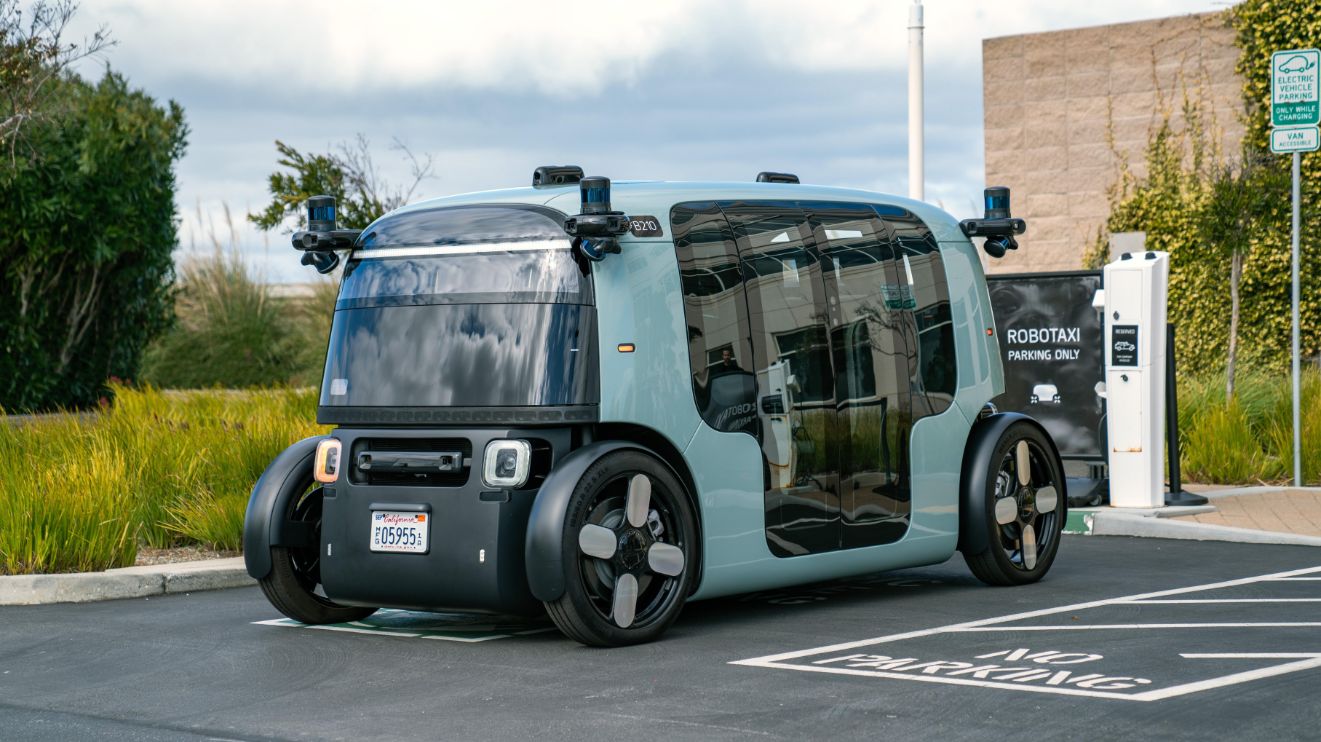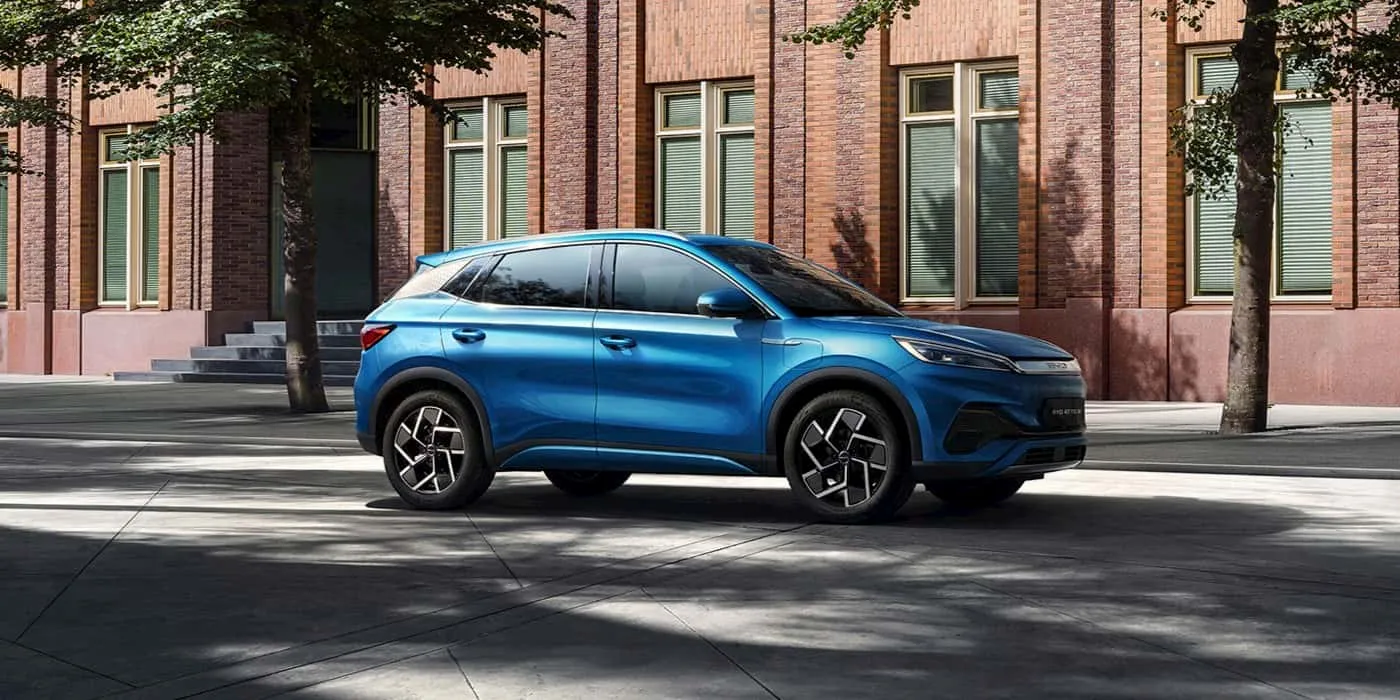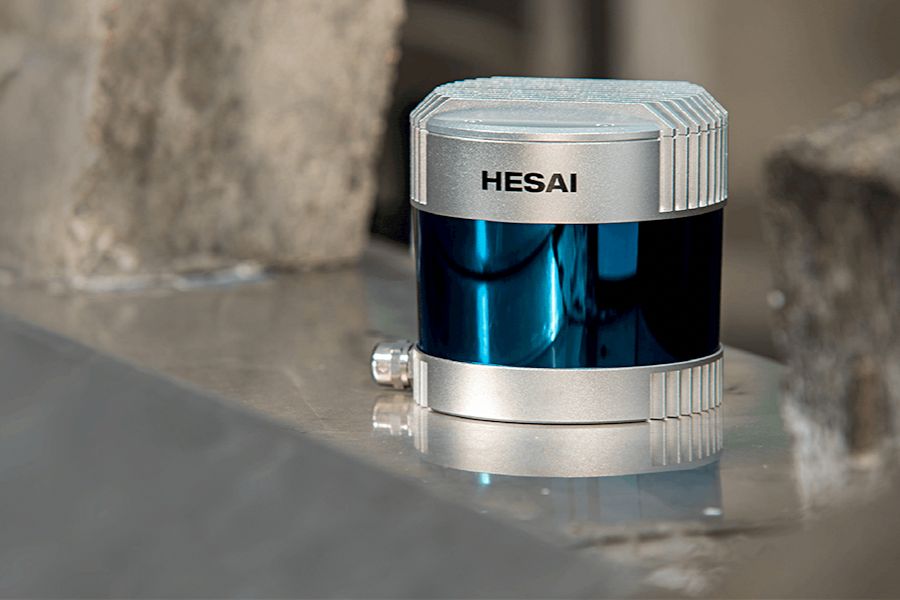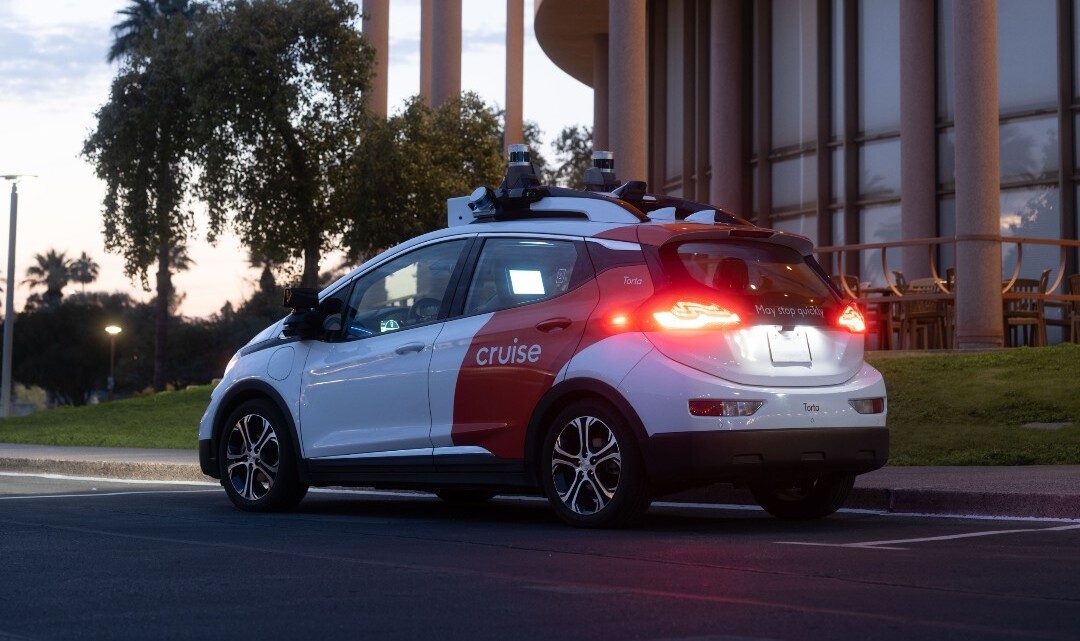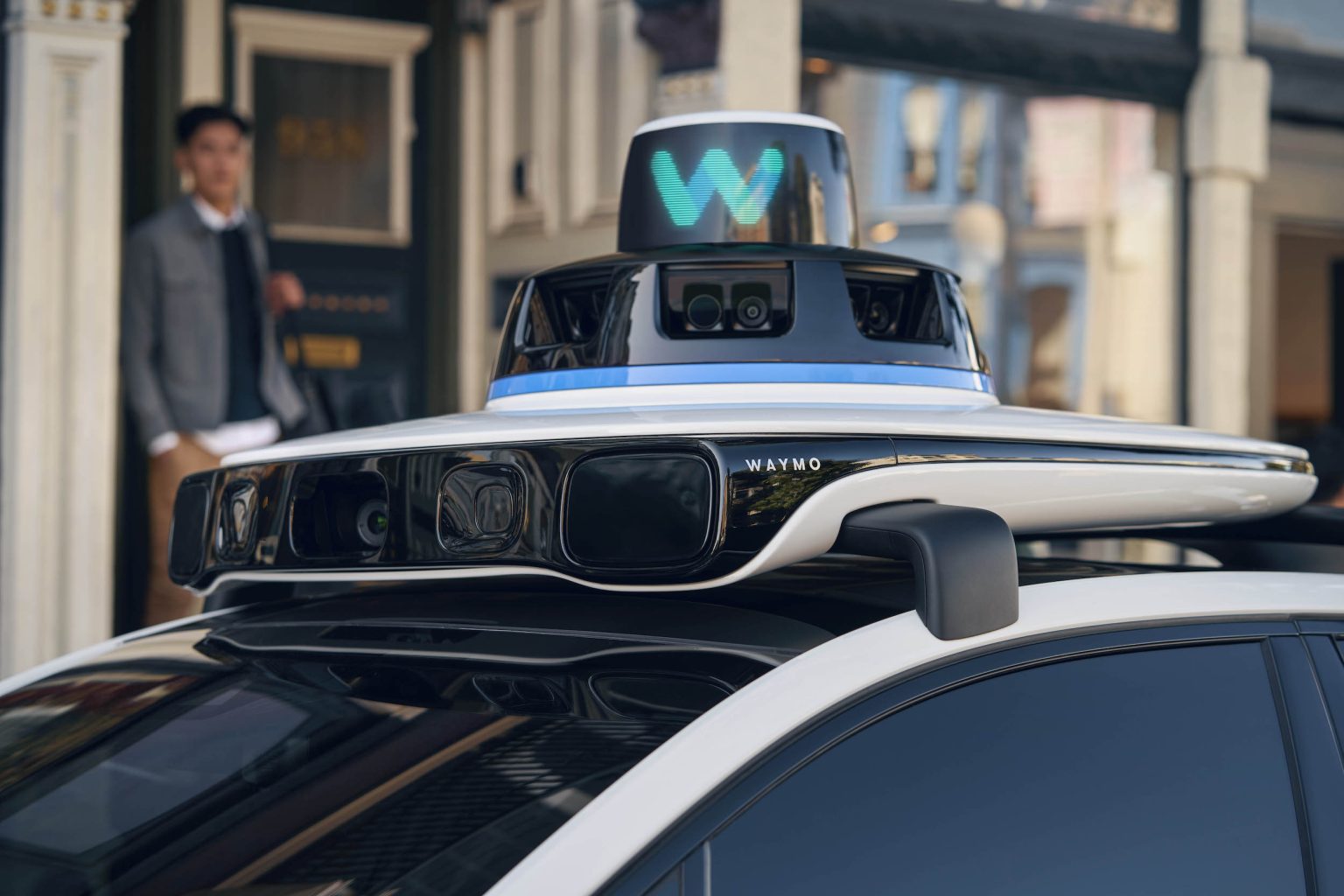As autonomous vehicles (AVs) become more prevalent, innovative projects are proposing significant changes to traditional traffic light systems, aiming to enhance traffic flow and efficiency through AV data utilization.
Researchers at North Carolina State University have proposed a groundbreaking white light system that would allow AVs to control traffic flow and direct human drivers. In this system, connected cars would communicate with each other and with traffic lights. The white lights would signal when AVs are coordinating to improve traffic flow, prompting human drivers to follow the lead of the AVs.
Ali Hajbabaie, a study author, highlighted the system’s reliance on the computing power of AVs, stating, “Red lights will still mean stop. Green lights will still mean go. And white lights will tell human drivers to simply follow the car in front of them.”
Similarly, a project from the University of Michigan uses speed and location data from connected vehicles to optimize traffic light timing. This system predicts and adjusts traffic light controls based on vehicle trajectories, creating optimization algorithms for intersections identified as having “optimality gaps.”
In a pilot study in the Detroit suburb of Birmingham, this system reduced delays and the number of stops at signalized intersections by up to 20% and 30%, respectively. The research aims to optimize traffic systems as a cost-effective method for reducing congestion and energy consumption in urban areas, without requiring physical changes to road infrastructure.
While these systems are not yet practical due to the limited presence of AVs on roads, increased investment and interest in such projects suggest that companies are preparing for infrastructure overhaul once AVs become more commonplace.


